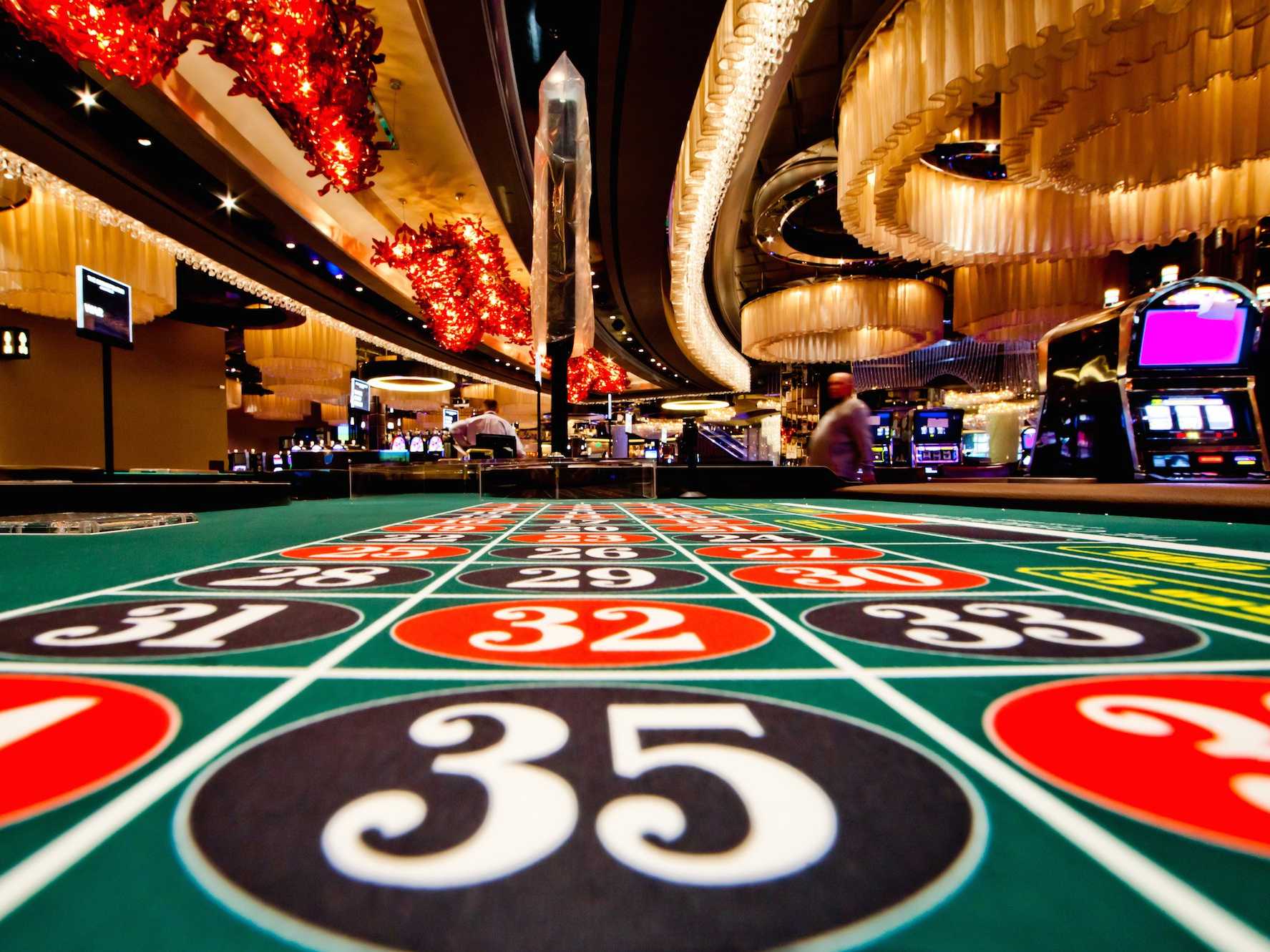
Gambling games have fascinated gamblers for ages, pulling them into a realm of excitement, luck, and fortune. From the flashing lights of video slots to the strategic action of poker tables, these games offer a special blend of fun and risk. Alo789 However, underneath the facade of this sparkle and style lies a sophisticated interplay of math that influences every result and choice made within the casino.
Comprehending this connection between casino games and numerical principles merely boosts the playing experience but also can help players make knowledgeable selections. Whether you are a occasional gambler or a dedicated fan, recognizing the mathematical principles at play can provide important knowledge into probability, odds, and approaches, ultimately affecting how one deals with these chance games.
Arithmetic Probability in Gambling
In the world of casino games, mathematical likelihood plays a crucial role in assessing outcomes and guiding gambler decisions. Every activity has a unique set of regulations and a particular likelihood model that influences its dynamics. For instance, in games like roulette, players must grasp the chances of choosing a certain number or color. The likelihood of specific occurrences occurring can be assessed, and this understanding can substantially affect betting strategies.
Gambers also need to be cognizant of the house edge, which is the mathematical benefit that gambling establishments hold over gamblers in the long term. This advantage varies across various activities. In blackjack, expert players can use tactics to minimize the house edge to as little as one %, while in games like slot machines, the house edge can be substantially larger. Comprehending the casino edge allows gamblers to make informed choices about which activities to play and the amount to bet.
Furthermore, probability is crucial in the principle of risk versus reward in gambling. Every bet carries a certain danger factor, and players must consider the potential return against that danger. Games like poker require players to not only assess the odds of their own showing winning but also to evaluate the likelihoods of their rivals’ showings. By applying mathematical principles to their strategy, players can enhance their odds of winning and participate more effectively in the thrilling realm of gambling activities.
Anticipated Value in Casino Games
When talking about casino activities, one of the basic ideas rooted in math is the anticipated worth. This numerical measure helps players grasp the potential results of their wagers over time. In simple terms, anticipated worth (EV) calculates the mean amount a gambler can expect to win or lose per wager if they were to play the game repeatedly. Each activity has its unique EV, affected by the probabilities and the house edge, which signifies the advantage that the casino holds.
For example, think of a activity like roulette. The anticipated worth can be calculated based on the specific bet placed. If a player bets on a single number, the payout is 35 to 1, but the true chances of winning that bet are 1 in 37 (in Euro the roulette game). This leads in a negative anticipated worth, showing that, on the whole, gamblers will incur a loss money over a period when playing this type of wager. Grasping this idea allows gamblers to make better educated decisions about which activities and wagers may be less advantageous.
Furthermore, the investigation of expected value can lead to improved money management. Gamblers who understand the math behind their games are often able to set practical goals. By acknowledging their potential deficits and gains, they can modify their gambling strategies accordingly, which may improve their total gambling experience. As a consequence, anticipated worth serves as a critical resource for both novice and seasoned players to steer through the often unpredictable character of gambling games.
Approaches and Odds: The Arithmetic Behind Winning
In casino games, grasping the chances is vital for gamblers looking to boost their chances of winning. Each activity has its own distinct set of probabilities that dictate winning outcomes, and these figures are often located in the rules of the game regulations or payout tables. For case, in activities like 21, participants can enhance their chances through strategies such as tracking cards, which relies on mathematical principles to gain an upper hand over the establishment. By educating themselves with the probabilities, gamblers can make more educated decisions on when to place bets and when to give up.
Furthermore, the idea of average value has a major role in gambling strategies. Expected value assesses the typical outcome of a stake over time, allowing participants to assess whether a specific stake is valuable taking. For instance, slot machines have a set payback percentage, which can show the average payout a gambler can look for on their stakes. By opting for games with higher payout percentages, gamblers can reduce the house advantage, maximizing their possible rewards in the over time.
Lastly, successful participants often employ a blend of chance and mathematical strategy to improve their gaming experience. While luck can’t be controlled, managing a wagering approach based on math insights can lead to more positive results. By utilizing techniques such as bankroll management and game selection, players can utilize math to maneuver through the random nature of gambling activities, making the most of their time and resources at the tables.